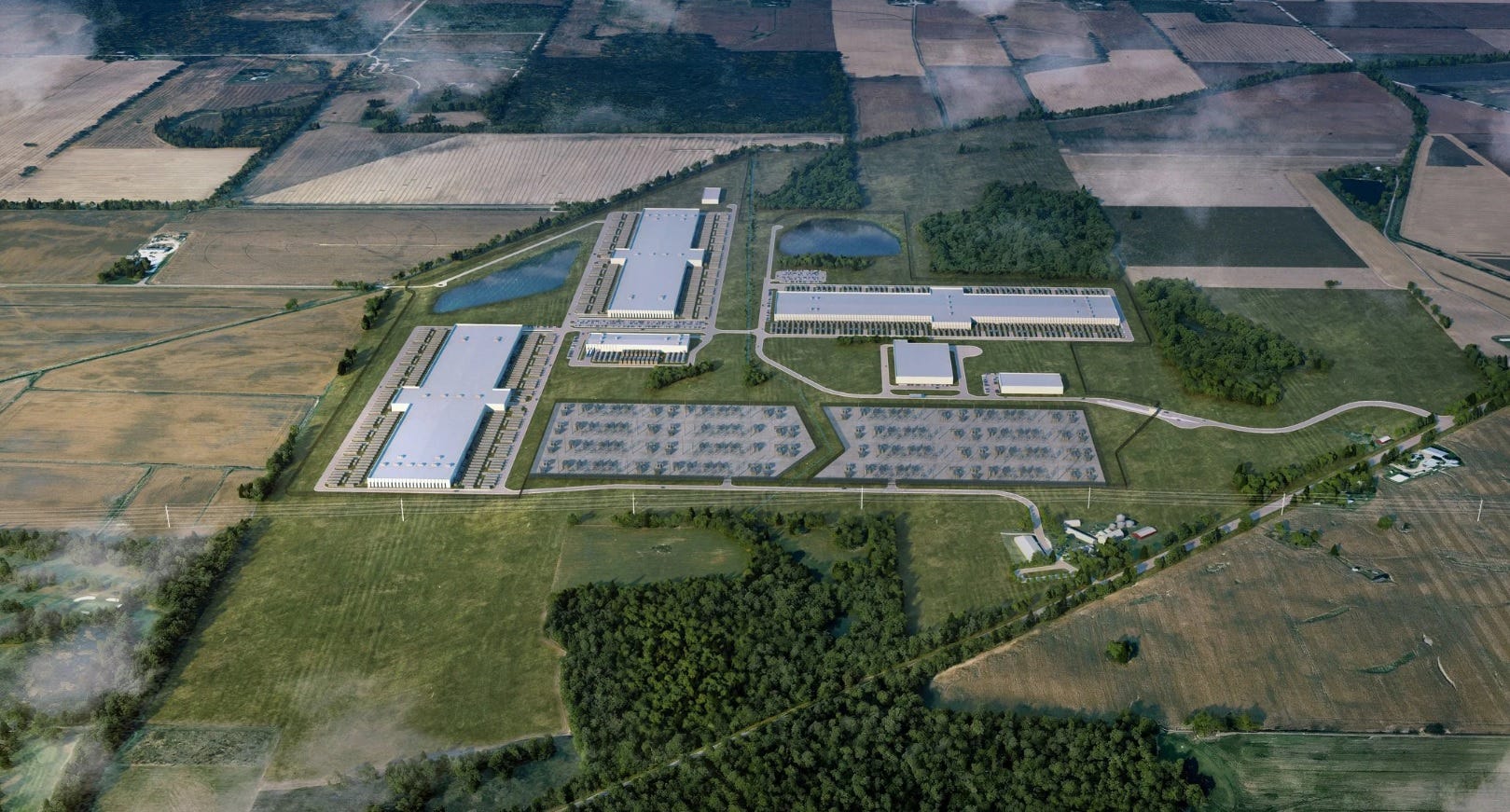As discussions intensify surrounding DTE Energy’s request to expedite energy provisions for a significant data center project in Saline Township, Michigan, lawmakers are divided. In October, technology giants OpenAI and Oracle announced plans for a data center campus capable of delivering 1.4 gigawatts of computing power. DTE has now sought the approval of the Michigan Public Service Commission (MPSC) to implement a special contract without the customary public hearings.
The utility’s request for an ex parte motion has sparked debate, drawing scrutiny from various elected officials, including U.S. Rep. Debbie Dingell and Attorney General Dana Nessel. While some lawmakers advocate for the motion’s approval, others express concern about the potential implications for residential energy rates and public accountability.
State lawmakers such as former House Speaker Rep. Joe Tate and Rep. Bill Schuette have submitted comments urging the MPSC to endorse DTE’s request. They align with DTE’s assertion that the project will not raise residential electric rates. According to DTE’s regulatory filings, legislation enacted in 2024 stipulates that data center developments must not transfer energy costs to residents to qualify for tax incentives.
“This project represents a significant opportunity for our state,” wrote Tate. He highlighted the potential for substantial economic investment and high-quality job creation, reinforcing Michigan’s status as a leader in technology infrastructure.
Legislative Context and Economic Implications
MPSC Commissioner Shaquila Myers, who previously served as Tate’s chief of staff, oversees the commission’s operations. Under legislation passed in 2023, Michigan utilities must generate 100% of their energy from clean sources by the year 2040. Rep. Pauline Wendzel, chair of the House Energy Committee, emphasized in her letter to the commission that the project could lower residential energy costs by expanding the customer base.
“What’s before the Commission is more than a single approval; it is a blueprint for how Michigan competes in the 21st Century,” Wendzel stated. She underscored the project’s potential to attract transformative investments while maintaining affordability and reliability.
Conversely, those opposing DTE’s expedited approval caution that the company should substantiate its claims regarding the project’s impact on residential rates. Attorney General Nessel voiced her concerns during a press event in Grand Rapids on November 13, stressing the importance of careful scrutiny.
“This is a massive project, and we have to be very careful about how it proceeds,” she remarked. Nessel argued that public hearings are essential for accountability, particularly given the project’s scale.
Community Concerns and Future Considerations
The situation is further complicated by the fact that some lawmakers supporting the ex parte motion do not represent Saline Township. Initially, the township board opposed rezoning farmland for the data center but eventually reached a settlement with developer Related Digital, allowing the project to move forward.
Dingell, whose congressional district covers Saline Township, emphasized the need for public input during an appearance on WKAR’s “Off The Record” on November 14. She questioned how the community could hold DTE accountable for its promises regarding energy costs and water usage.
“Michigan needs to stay at the forefront of innovation and technology, but it has to be done right,” Dingell said.
Critics of large data centers in Michigan worry that projects like this one could impede the state’s clean energy transition. The proposed 1.4 gigawatts of energy capacity exceeds that of DTE’s Fermi 2 nuclear power plant, which produces 1.2 gigawatts and powers a city of one million people.
While the state law mandating clean energy generation allows for exemptions if utilities cannot meet demand, the long-term implications of the data center remain uncertain. The MPSC is scheduled to meet on December 5, when it may address DTE’s request, although the agenda will not be released until the day before the meeting.
In this complex landscape, the balance between fostering economic development and ensuring public accountability remains a critical focus for both lawmakers and the community.
